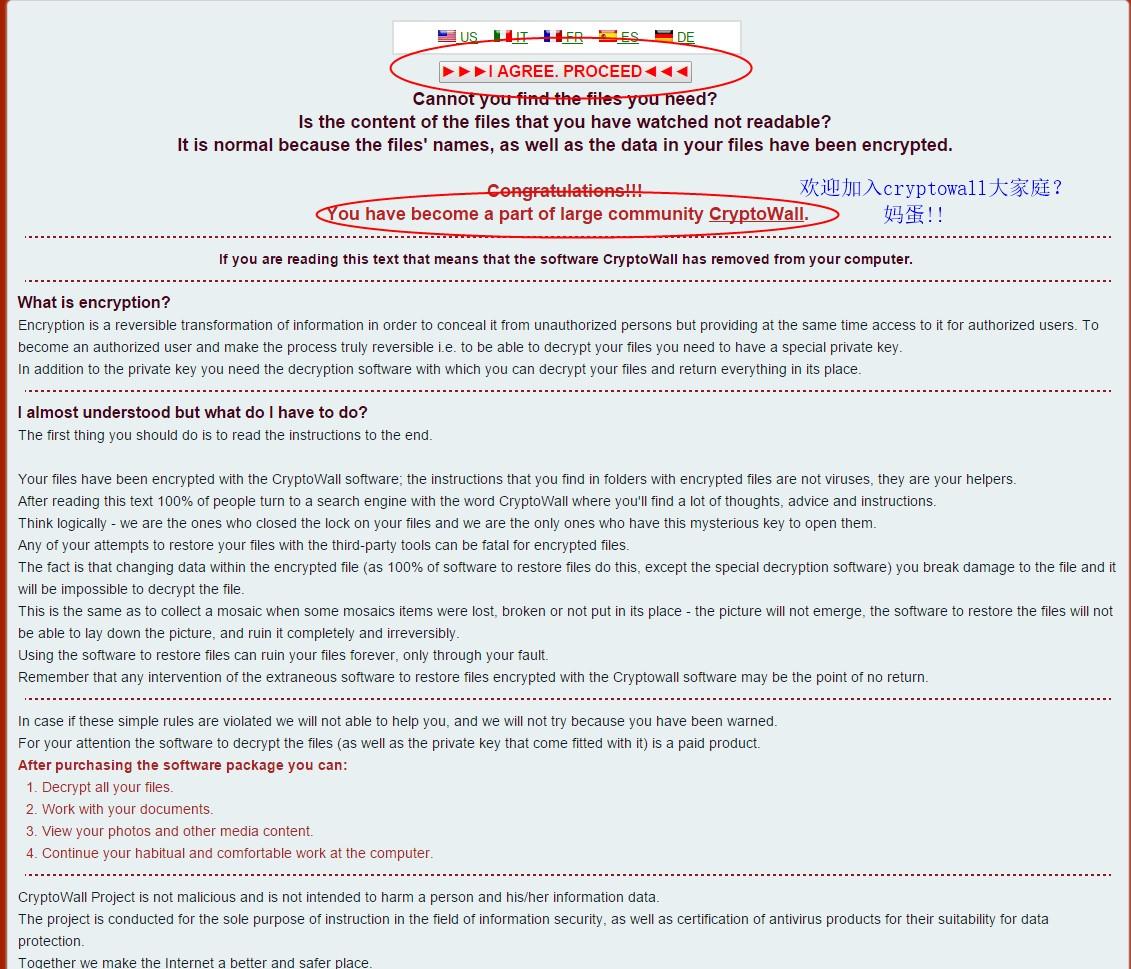
What Are the Risks of Joining a Stock Trading Prop Firm?
Ever thought about jumping into the world of prop trading? It’s an enticing idea—being part of a firm that provides capital, training, and the chance to grow your trading skills without risking your own money. But like any other high-stakes game, it’s not without its pitfalls. Before you dive in, it’s key to know what risks lurk beneath the surface so you can navigate wisely.
Prop firms promise access to larger trading capital, mentorship, and potential for high rewards. But don’t let the shiny promises fool you. The fast-paced environment often comes with high pressure to perform, intense scrutiny, and the ever-present risk of losing everything if you don’t hit targets or follow strict rules.
Take the story of Jamie, a trader who joined a renowned prop firm expecting quick riches. Instead, he faced brutal evaluations, daily performance pressures, and a strict probation period. When he missed a target, his funding was pulled, leaving him back at square one. That’s a real-world reminder that sometimes, the risks come quietly—hidden in the intensity of the trading grind.
Many prop firms operate under performance-based compensation models, which might seem attractive—until you realize how they influence your trading. Some firms enforce strict trading limits, time restrictions, or specific trading styles. Miss the mark, and you risk termination or loss of potential earnings.
Also, consider how the profit split can be less generous than it appears initially. A typical arrangement might mean just 50-70% of profits going to you, with the firm taking a hefty cut. That’s fair in some cases but can be a shock if you’re expecting to keep most of your gains — and it underscores that risk is not just about trading but also about how you get paid.
Trading itself is a mental game, and working within a prop firm amplifies this. The constant pressure to perform, meet targets, and avoid failure can lead to burnout, anxiety, and poor decision-making. You’re not just trading your own money; you’re trading the firm’s reputation as well.
Jack, who spent months trying to prove himself, found the stress affecting his decision-making. Instead of sticking to his plan, he started chasing losses, which only worsened his position. It’s a vivid reminder that the risk isn’t solely financial — it’s mental health, too.
While access to more capital sounds great, it also comes with strings attached. Many firms tie trading decisions to strict risk management rules; if you blow a certain percentage of the firm’s capital, your trading account can be terminated. Some firms retain ownership over the trading algorithms or strategies you develop while working with them, which means you might be giving away more than you think.
Imagine you come up with a clever trading approach, but the firm owns it after your employment ends. You’ve shared your innovation, but the fruits are not entirely yours.
Prop firms don’t limit themselves to stocks—they often trade forex, crypto, commodities, indices, and options. That diversification is a strength but also introduces new risk. The volatile nature of cryptocurrencies or geopolitical events affecting commodities or global indices means that even seasoned traders can face sudden black swan events that wipe out gains or cause losses.
The recent crypto crash or blackouts in crypto trading platforms highlight that the risks aren’t only market-facing—they’re technology, regulation, and liquidity risks all wrapped into one.
What does the future hold for prop trading? The rise of decentralized finance (DeFi), AI-driven algorithms, and smart contracts are reshaping the landscape. While these innovations promise efficiency, transparency, and opportunities, they also bring challenges: security vulnerabilities, regulatory uncertainty, and the risk of over-reliance on automated systems.
Imagine a future where your trading success hinges on AI models—what happens when these models malfunction or are manipulated? That’s a fresh risk that will need continuous attention.
“Risk is the price you pay for opportunity,” as they say. Prop trading offers incredible learning experiences, the chance to work with diverse assets, and exposure to cutting-edge financial technology. But it’s equally vital to go in with eyes wide open. Knowledge of the pitfalls, a disciplined mindset, and a clear strategy are your best tools.
In the landscape of decentralized finance and AI-driven trading, adaptability is king. Firms and traders that understand the risks—both traditional and emerging—are better positioned to thrive.
The future of prop trading is bright, but only for those who understand the shadows.





Your All in One Trading APP PFD